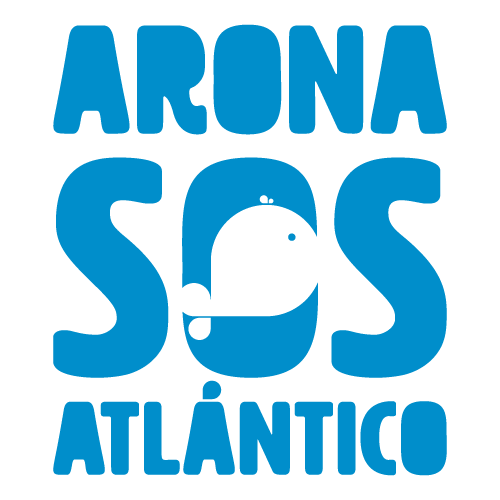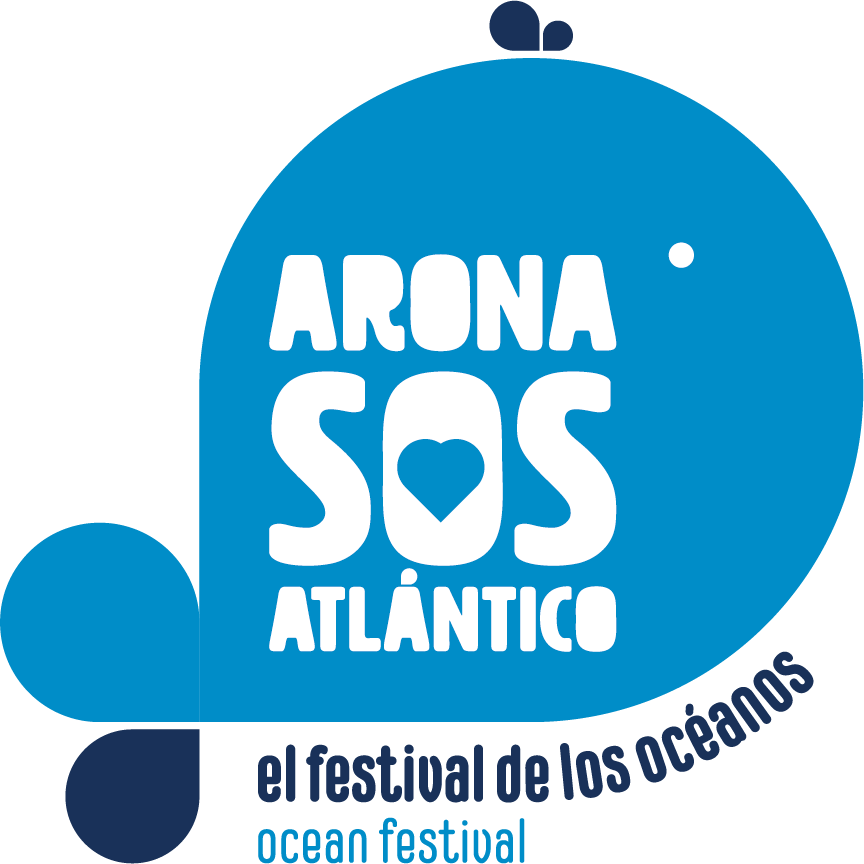SUSTAINABILITY
Our work plan is drawn up taking into account the 17 SDGs recognized as Sustainable Development Goals by United Nations, whose ultimate purposes are to eradicate poverty, protect the planet and ensure prosperity for all.
Arona SOS Atlantic has specialized advice to cause the least possible impact and follow the path of sustainability in its celebration.
The measures we adopt are distributed according to the following categories:
-
1 - Energy Consumption
Power consumption is unavoidable but can always be improved. In this aspect and as a strong point, it is worth mentioning that the festival does not require an extra supply of equipment and generators.
-
2 - Sustainable Mobility
With the aim of reducing energy consumption and CO2 emissions, the festival will promote sustainable mobility. We will facilitate access to electric vehicles, bicycles and scooters.
-
3 - Sustainable Communication
To reduce the use of paper, we are committed to new communication technologies for documentation, dissemination and information procedures. In the cases that are necessary for communication, we will use recycled and chlorine-free paper with ecological ink.
-
4 - Waste Management
The waste that is produced will be duly separated according to its materials. Most of the waste generated is mainly plastic, packaging, cigarette butts and, to a lesser extent, paper. To do this, numerous container separation containers are placed.
-
5 - Environmental Awareness
We consider that environmental activities and actions are of special relevance and that is why we have designed an extensive program aimed especially at sustainability and awareness, as well as our social and environmental awareness campaigns through our social networks and messages on the screens. scattered around the premises.
-
6 - Accessibility, Equality and Diversity.
We will facilitate access for people with reduced mobility by setting up a space for them to enjoy the festival. From the organization, we work to guarantee that they have the same access possibilities. In addition, our staff selection process guarantees equal opportunities regardless of gender, age or race.
-
7 - Echo Audit
We propose the eco audit as a verification instrument that is applied to the initiative of the festival itself and in which aspects such as compliance with regulations will be taken into account; control and prevention of the repercussions of activities on the environment; energy management, saving and choice; the reduction, recycling, reuse, transport and disposal of waste; the selection of production processes; product planning; accident prevention; information, training and participation of staff in environmental issues; the external information and the participation of the public, as well as the answers to their doubts when it is the case.
-
8 - Carbon footprint calculation
The calculation of the carbon footprint will be the indicator that we will use to describe the total impact that the organization of the festival will have on the climate in relation to the GHG emissions that will be released into the atmosphere, that is, the amount of CO2 generated by the event and that will allow us to establish the starting point from which we can plan improvement actions for its environmental sustainability since we will identify all the sources of GHG emissions and establish, based on this knowledge, effective reduction measures. To quantify this footprint, there are different protocols for estimating and accounting for GHG emissions: the ISO 14064 standard, the Greenhouse Gas Protocol (GHG Protocol) and the MC3 methodology are the main ones.
-
9 - CO2 compensation
With the aim of trying to reduce our ecological footprint, we will make contributions to sustainable development projects or invest in forest reforestation campaigns, as well as establish corrective measures for the following editions.
SUBSCRIBE
If you are crazy about the oceans, subscribe to our newsletter to be informed of all our activities.
Subscriptions
Thanks for subscribing.
You will hear from us soon.
Please try again later.
Muchas gracias a nuestros patrocinadores y colaboradores:


Copyright Arona SOS Atlántico I Oceans Media Comunicación Canarias, SL



